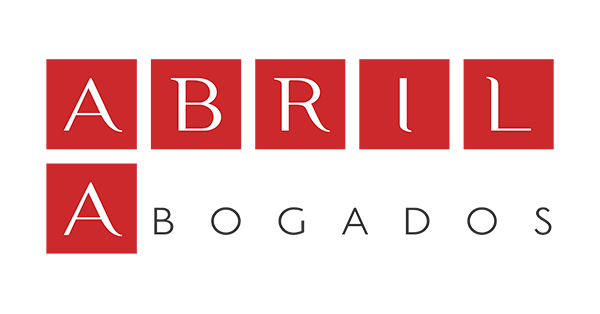The Ministry of the Interior has released the statistics on anti-counterfeiting interventions for 2023. These reveal the seizure of more than 3.6 million counterfeit products, which would have had a market value of 149 million euros.
As expected, the textile sector is the most affected by counterfeiting, accounting for 62%, with a total of 2,274,654 products seized throughout Spain, followed by toys at 13%, with leather goods, accessories and footwear also being impacted.
Regarding the locations where merchandise was seized, most counterfeit products were found in warehouses, factories and storage facilities – 67.8%, followed by commercial establishments – 18.4% and private residences – 5.1%. The autonomous communities with the highest number of seized counterfeit goods are Catalonia, Madrid, Valencia, the Balearic Islands and Murcia.
The seizure of counterfeit products is crucial for protecting industrial property rights. These actions not only safeguard consumers from potential risks associated with low-quality and dangerous products but also ensure that innovative companies can reap the benefits of their investments in research and development and maintain a fair and transparent competitive system.
In this context, it is pertinent to mention the recent Supreme Court Criminal Chamber ruling (judgement 682/2024 of June 27), which upholds the conviction rendered by the Criminal Court and confirmed by the Provincial Court of Madrid, against several individuals involved in the sale of counterfeit clothing from premises in Madrid. The Court emphasizes that a consumer’s awareness of purchasing a counterfeit product does not preclude the commission of a crime against intellectual property. This judicial decision supports the efforts of law enforcement agencies in combating counterfeiting, thereby safeguarding both consumers and legitimate businesses from the detrimental effects associated with counterfeit goods.
Paula Cerrillo


